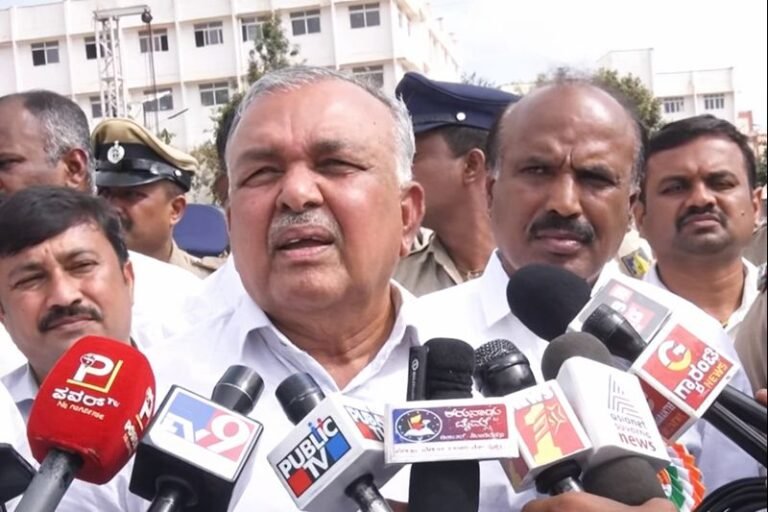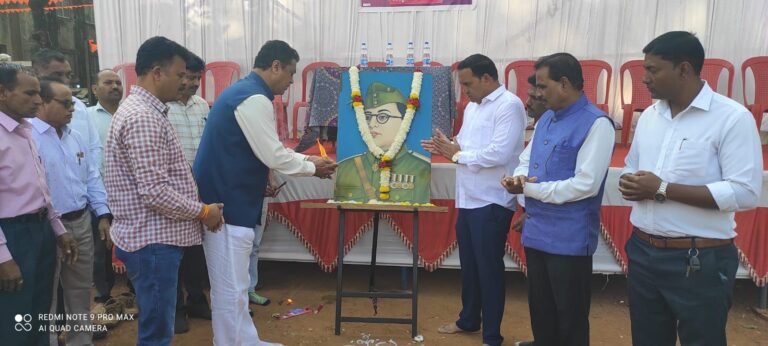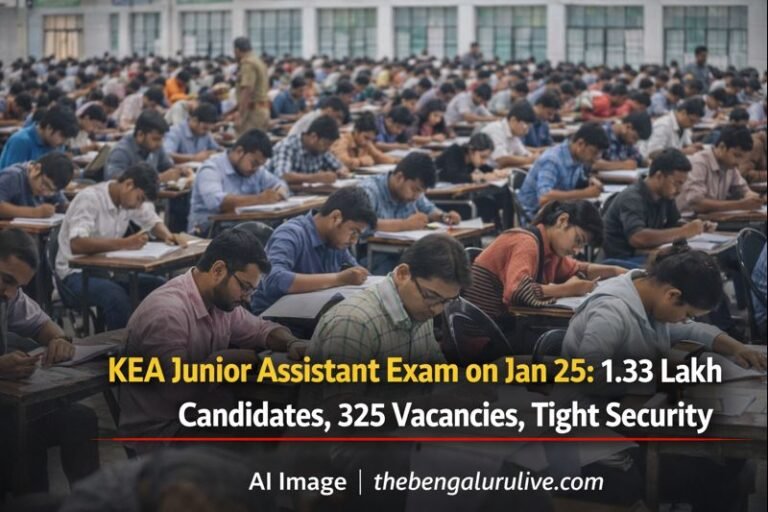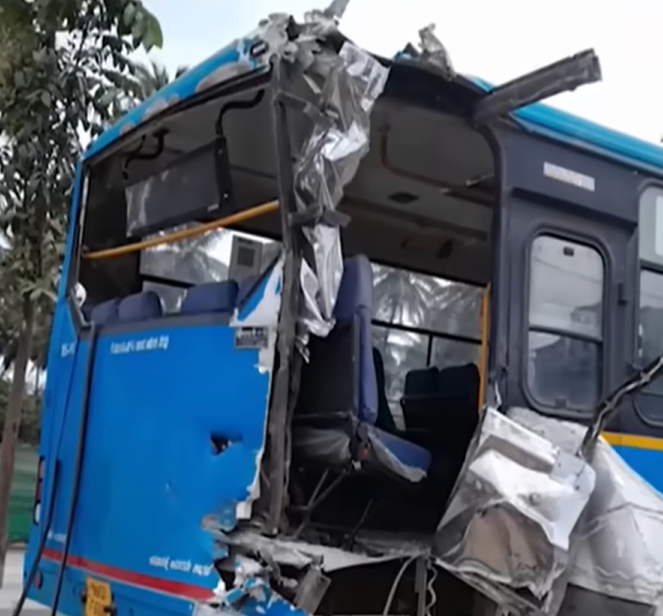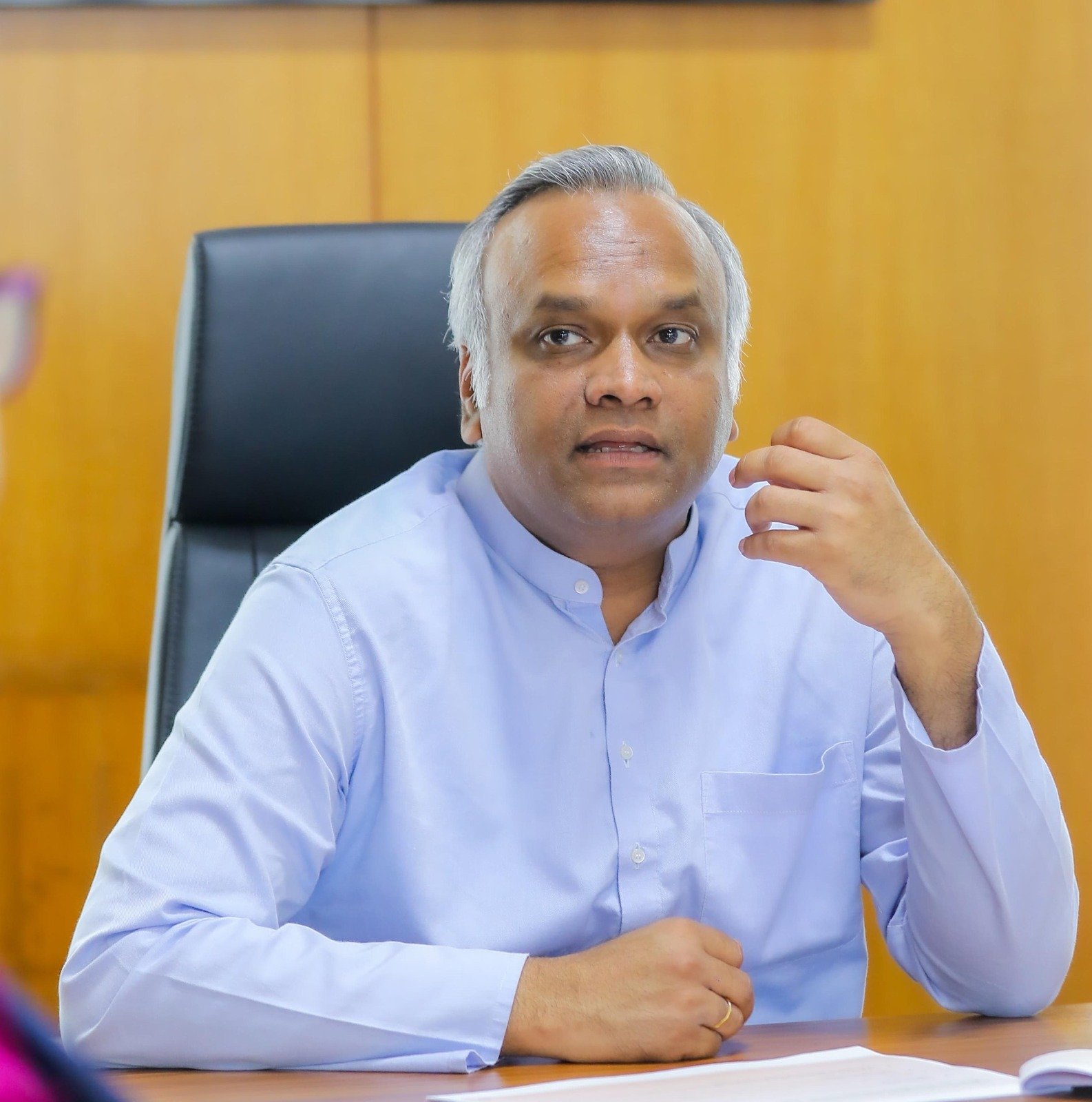
Rural Development and Panchayat Raj Minister Priyank Kharge
Bengaluru: In a landmark reform aimed at strengthening rural governance, the Karnataka Rural Development and Panchayat Raj Department has introduced E-Swathu services across all Gram Panchayat limits, enabling the issuance of digital property certificates for 95,75,935 rural assets, Rural Development and Panchayat Raj Minister Priyank Kharge announced.
The move follows an amendment to the Karnataka Gram Swaraj and Panchayat Raj Act, 1993, bringing in scientific systems for issuing NOCs, licenses, taxes, and fees within Gram Panchayats. “This reform enables structured and transparent property management, empowering rural citizens with legal ownership documents,” said Minister Kharge.
Under the new provisions, technical changes will be incorporated in the software within 15 days, and villagers will begin receiving E-Swathu property certificates through their respective Gram Panchayats.
Simplified Tax and Licensing Process
The new rules simplify tax assessment procedures, reducing the time to issue property documents from 45 days to 15 days. If officials fail to approve applications within this period, automatic approval will be granted under the revised norms.
Kharge said the reform aligns with Clause 272 of the 2025–26 Budget, which pledged to enhance Panchayat Raj systems and deliver citizen services efficiently through digitization.
Legal and Structural Amendments
The amendment notified on April 7, 2025, introduces Sections 199(B) and 199(C) to the 1993 Act — dealing respectively with the assignment of Property Identification (PID) numbers and taxation of unauthorized layouts and non-converted lands.
Consequently, the old 2021 tax rules have been repealed and replaced with the Karnataka Gram Swaraj and Panchayat Raj (Gram Panchayat Taxes, Rates, and Fees) Rules, 2025. “This will enable a transparent, statewide rollout of E-Swathu certification across all rural bodies,” Kharge emphasized.
Empowering Rural Citizens
Draft property records of all village assets will be made available online for public verification and corrections. Property owners can pay their taxes directly to Gram Panchayats and receive official ownership documents. “This will not only enhance local transparency but also increase Panchayat revenue, allowing them to independently fund local development,” the Minister added.
Appeal Mechanism
Citizens aggrieved by taxation or licensing decisions can file a first appeal with the Deputy Secretary (Development) and a second appeal with the Chief Executive Officer of the Zilla Panchayat, ensuring administrative accountability.
A Transparent and Scientific Reform
Calling it a historic and scientific reform, Priyank Kharge said:
“By standardizing taxes, fees, and licenses transparently through a structured software system, Gram Panchayats will strengthen their own financial autonomy and evolve as self-governing bodies that can plan and execute their own development.”


